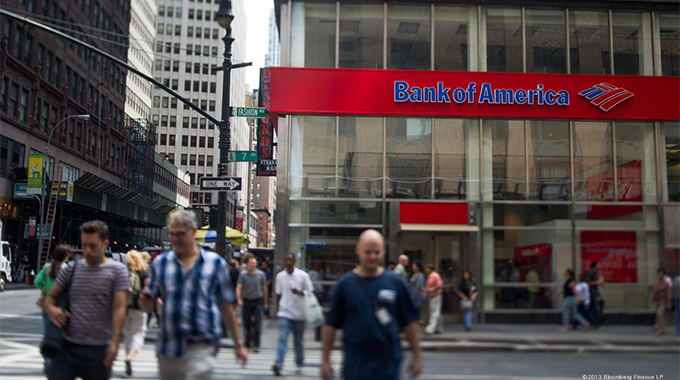US$1trn burden looms for global borrowers

Governments and companies around the world are facing unprecedented costs to refinance bonds, a burden that’s set to deepen fissures in debt markets and expose more vulnerabilities among weaker borrowers.
A corporate treasurer or finance minister looking to issue new notes now would likely have to pay interest that’s about 156 basis points higher on average than the coupons on existing securities, after that gap surged to a record in recent days.
That all adds up to about US$1,01 trillion in additional costs if all those securities were refinanced, according to calculations using a Bloomberg index tracking some US$65 trillion of government and corporate debt across currencies.
Rolling over debt is proving increasingly tricky for weaker borrowers as creditors betting on recession become more cautious.
While most governments and companies are still able to stomach the higher financing bills, credit markets are starting to buckle as fund outflows and volatility soar.
Banks last week had to pull a $4 billion leveraged buyout financing, and even investment-grade debt funds saw one of the biggest cash withdrawals ever.
Central banks must walk a fine line as they fight some of the worst inflation in decades, with Bank of America Corp. strategists recently warning that the Federal Reserve needs to slow the pace of rate hikes to prevent credit market dysfunction.
Concerns are also growing that liquidity is draining out of the world financial system as interest-rate swaps — one of the world’s deepest markets — fluctuate wildly.
The gap between the floating- and fixed-rate legs of longer-dated swaps tied to the US Secured Overnight Financing Rate swung in some recent days by the most on record for the index, which was rolled out in October 2020 as a replacement for the London interbank offered rate. – Bloomberg









Comments